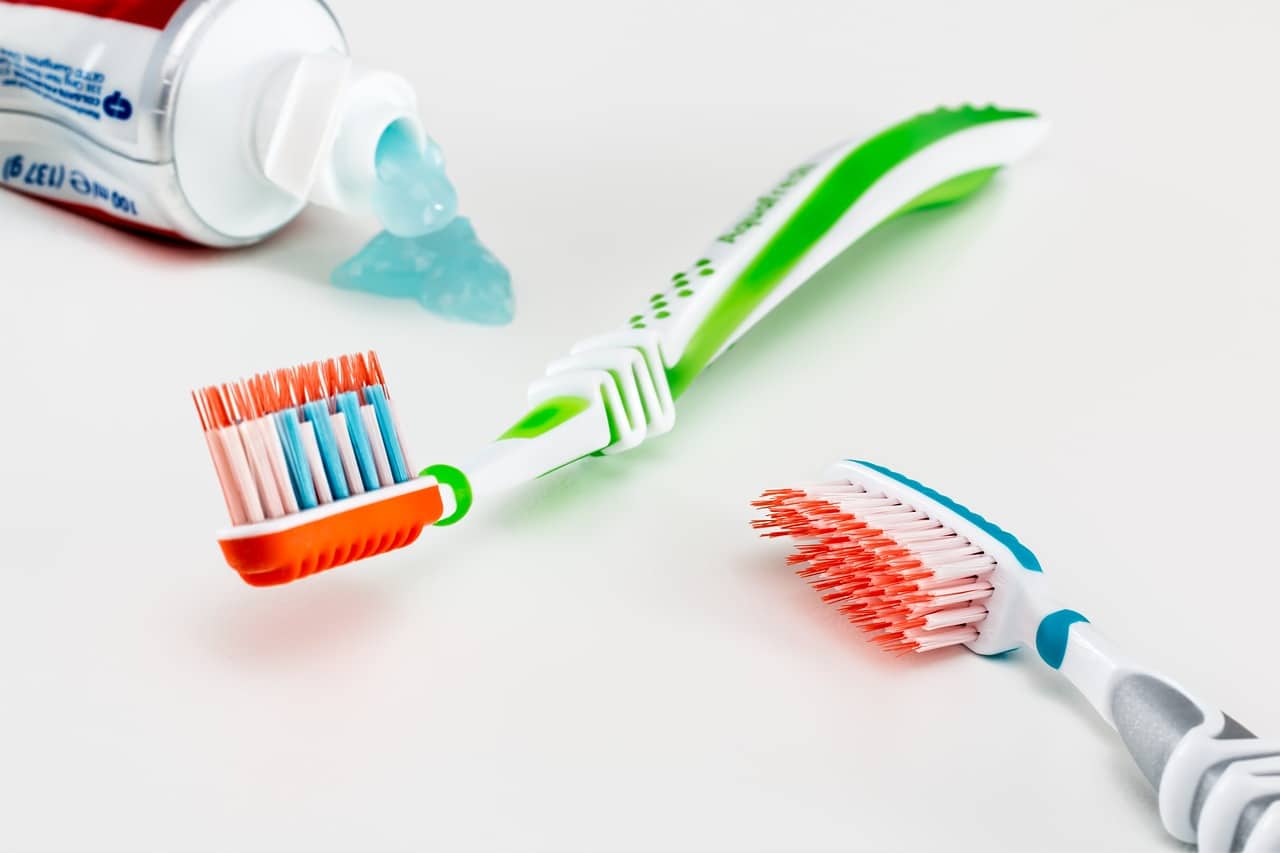
Nothing fills your heart more than seeing your child smile. But what toothbrush is best for your 3 month old? What about when they turn 3 years old? With so many different choices it can be overwhelming to decide which toothbrush is best for your child at different stages of their life. That’s why we put together a brief description with your child’s changing oral health needs and what type of toothbrush will suit them.
General Guideline
Regardless of your child’s age, the toothbrush that they use should easily fit into their mouth and be easy to grip. Toothbrushes with soft bristles won’t irritate their gums and long handles will help them to move the brush in their mouth.
Babies
Many parents choose to use a damp cloth but you can begin to clean your child’s teeth with a toothbrush before their teeth come in! Using a toothbrush designed for babies allows you to clean their teeth while getting them used to brushing. These toothbrushes have a very small head, which allow you to comfortably brush baby’s gums.
Toddlers
Around the age of two, your toddler will begin to take an interest in brushing their teeth. This is an important age to teach how to brush teeth and to get your child into the routine of brushing twice a day. Toddler toothbrushes have a small head and a long handle, allowing easy gripping for the child. There are also powered toothbrushes that children can use at this age, which can make brushing a bit more fun!
Ages Five to Eight
At this age, your child is becoming more independent when it comes to dental health but will still need supervision while brushing. Many of the toothbrushes have fun characters on them and have a slimmer handle than a toddler brush. Choosing a favorite cartoon character may help your child maintain their interest in brushing
Eight and Up
No longer needing supervision while brushing, children eight and up have very similar toothbrushes to adults. The only difference in the toothbrush is a slightly smaller head and longer handle. Although manual toothbrushes clean just as effectively, powered toothbrushes can help those who may have issues using a manual toothbrush efficiently.
Toothbrushes alone won’t guarantee your child’s oral health! Make sure to instill a regular brushing and flossing routine to keep your child smiling. Contact our office for any other questions regarding your child’s dental health.

